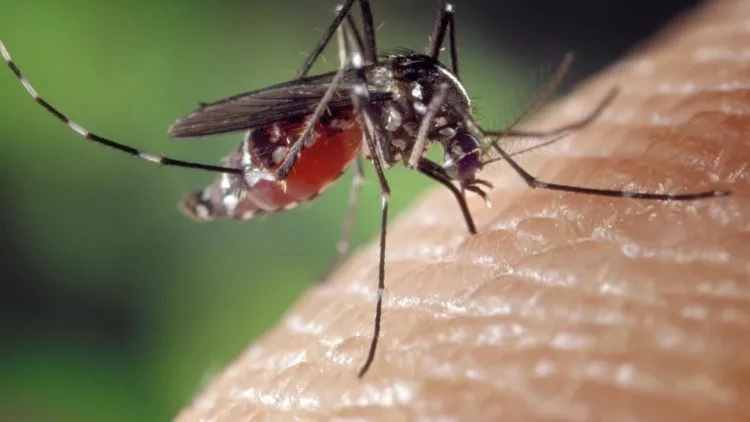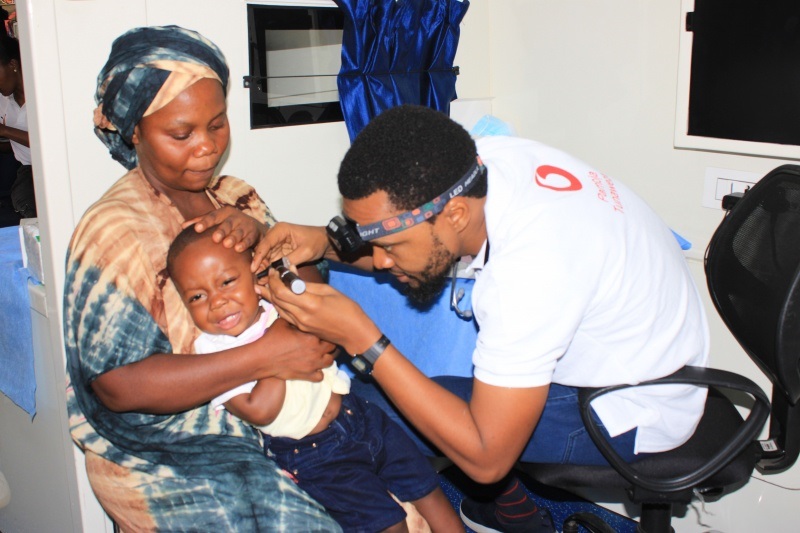Claims of therapeutic properties of human urine: Fact or myth?

THERE are long-time claims that human urine has therapeutic properties, and if it is drunk regularly, it cures various diseases. It is also claimed to slow aging.
While some people take such claims at face value, and may not even trust conventional medicine, thinking they will be cured for regularly drinking their own urine, others say there is no scientific evidence yet to justify that human urine contains therapeutic properties.
I met a European who surprised me when he said: “I drink my own urine, and I have been doing this since I was young.” At the time we met, he was 60-year-old, and said his aim was to reach 115 years old.
He said he drank his own urine three times a day—in the morning, in the afternoon and at night before going to bed.
The reason he gave was that human urine cured more than 20 illnesses, and he had not suffered any serious illness since he started drinking it. He had a sheet of paper with him on which he had listed the 20 illnesses he claimed the urine cures, including cancer, Aids, diabetes, kidney and hepatitis.
Another thing he surprised me was to hear that he did not have any money, but would request for food and accommodation at charitable institutions. I asked him since he had no money what he would do if he fell sick, and replied he had not experienced it before, but if it happened, he would find a way. He dressed simply, and also carried simple baggage with him.
He said he was on a 30-year epic journey to cycle around the world, and had already spent 15 years cycling in different countries, and at the time we met he was returning to his home country where he had started his journey when he was 45 years old. He said he was going to cycle for 15 more years back home to make it 30 years. “I will complete my epic journey when I reach 75 years old,” he said.
Moreover, he said he had a girlfriend, but when he told her about his interest in cycling around the world, and that he would be away from her for 30 years, his girlfriend didn’t agree with him, and he wouldn’t change his mind. “We decided to part from each other so that each one of us decides to live one’s own life,” he said.
But what health experts say about drinking human urine? An article titled “Does drinking urine have any real health benefits?” authored by Zawn Villines, and reviewed by Cameron White (M.D., MPH) says there are no clear health benefits associated with drinking urine. “Urine is waste, which means that it contains things that the body does not need or that may be harmful,” says Villines.
She says children and people with chronic illnesses may be more vulnerable to contaminants and health problems related to consuming urine, especially on a daily basis, and this poses some health risks, which include infection, dehydration, electrolyte imbalances, and other health risks.
She says a study involving 100 children found a range of bacteria, including antibiotic-resistant strains, in their urine. According to Villines, the bacteria the urine contains include Salmonella, Pseudomonas, Shigella, Escherichia coli (E. coli) and Staphylococcus.
Vincenzo Savica and colleagues in their paper titled “Urine therapy through the centuries” published in Journal of Nephrology in 2011 say considering urine as distilled from blood it has been referred to as the ‘gold of the blood’ and ‘elixir of long life [an imaginary cure for any disease or illness]’, reflecting its therapeutic aspect.
The authors suggest that “the rationale for its use is based on the fact that urine is not considered a waste product of the body, but one containing active metabolic degradation products that have therapeutic effects.” They argue that urine therapy is practised by millions of people in the world, taken orally, by injection, inhalation or gargled for the treatment of many pathological conditions.
Adenike Ogunshe and colleagues in their article titled “Microbial evaluation and public health implications of urine as alternative therapy” published in Pan African Journal in 2010 conclude that alternative therapies such as urine should be non-hazardous. The authors suggest that inappropriate administration of remedies, such as urine therapy in pediatric health conditions, should be discouraged, considering the fact that no cogent scientific or clinical evidence of the beneficial effect of urine therapy has been reported. Additionally, the authors say multiple antibiotic resistant bacterial species have also been recovered from urine.
Dipa Kamdar in an article titled “Drinking urine to improve health is an ancient practice, but the risks outweigh the evidence” published in April this year says “most claims about urine therapy are based on anecdotes or ancient texts with no robust scientific evidence to support its benefits.”
The author stresses that there is evidence to show that drinking urine has health risks, and, therefore, drinking it can introduce bacteria and toxins into the gut and potentially cause further illnesses such as stomach infections. “Mainstream medical communities do not endorse urine therapy as it lacks scientific evidence,” the author stresses
Ali Al Zahrani and colleagues conducted their study on camel milk which is commonly used in Saudi Arabia. In their article titled “Observational study and literature review of the use of camel urine for treatment of cancer patients” published in East Mediterranean Health Journal (EMHJ) in 2023 concluded that camel urine had no clinical benefits in cancer patients, and may even cause zoonotic infections.
Additionally, they said the promotion of camel urine as a traditional medicine should be stopped because “there is no scientific evidence to support it.” Their study, which was conducted in Riyadh, Saudi Arabia, involved 20 cancer patients (15 men and 5 women) who were using camel milk from September 2020 to January 2022 to ascertain whether it cured cancer.
The patients had refused conventional treatment, but accepted the use of complementary and alternative medicine, and the commonly used method is camel urine alone or mixed with camel milk. However, they found out that two patients developed brucellosis (also called Mediterranean fever), 11 patients changed their mind and accepted conventional treatment, but 7 patients were too weak to respond to further treatment and died of cancer. It suffices to say that there is not yet cogent scientific evidence to establish the therapeutic properties of human or animal urine.
Top Headlines
© 2025 IPPMEDIA.COM. ALL RIGHTS RESERVED

























